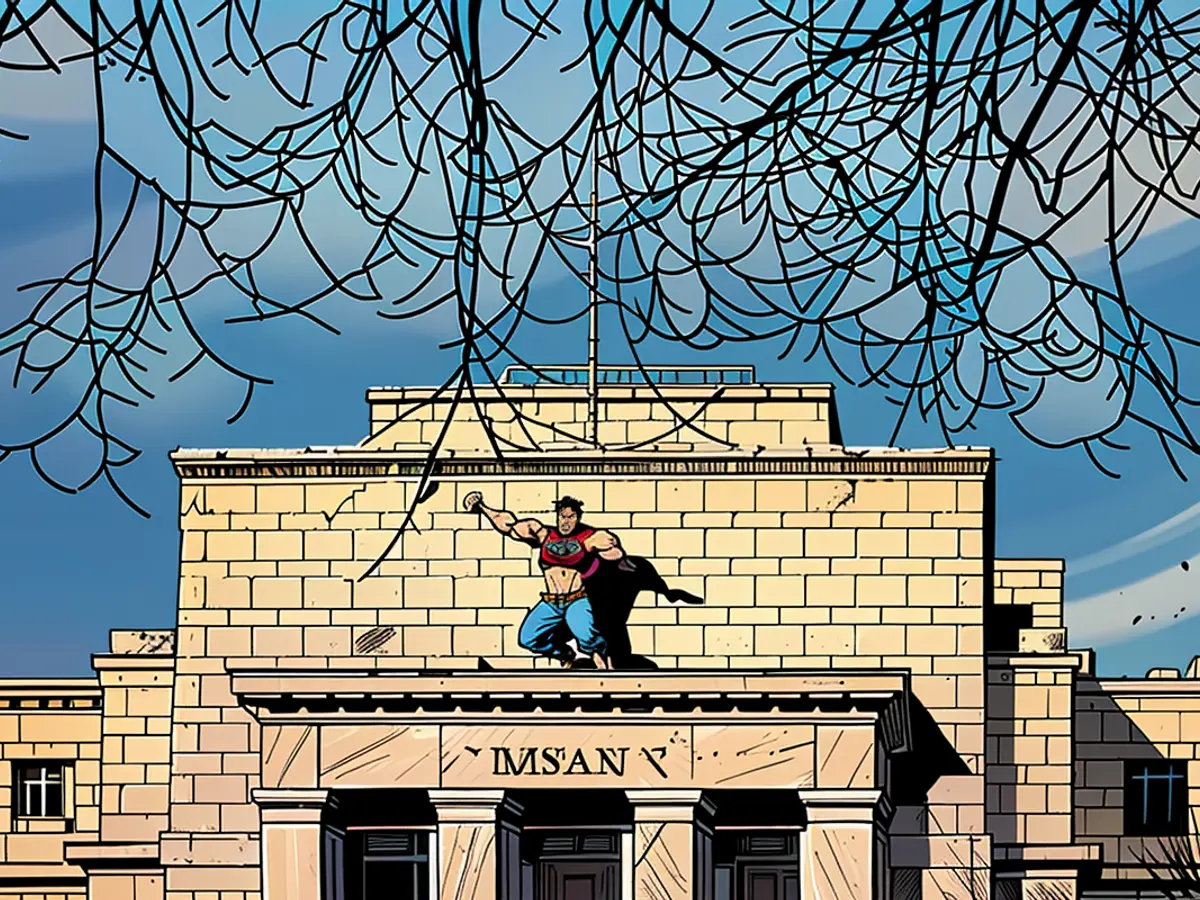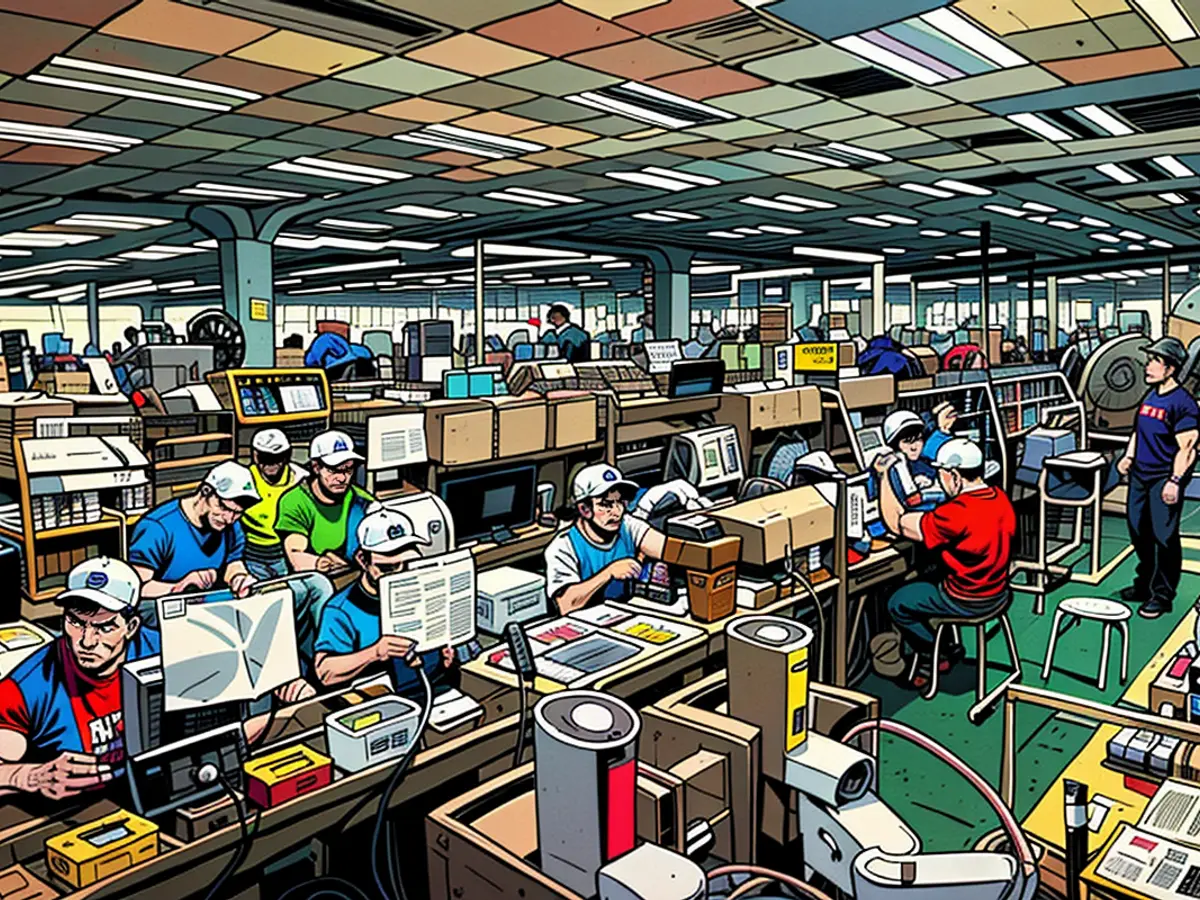The biggest US banks are more vulnerable than they were last year, Fed’s stress test shows
As a result of the banking crisis that fueled the Great Recession, the Fed conducts stress tests to monitor and uncover potential signs of weaknesses in the financial system. The tests have taken on an extra layer of importance after the collapse of three US banks sent shockwaves through the banking system last year.
The 31 banks required to take the test would lose $685 billion. That’s an increase of $144 billion compared to last year’s stress test results. However, fewer banks were tested last year.
Fed Vice Chair for Supervision Michael Barr attributed the higher collective losses to the fact that banks have taken on more risk while incurring higher expenses. The higher interest rate environment we’re currently in has made it riskier, and more costly, for banks to make loans, which can depress their profitability.
One area that weighed on banks more compared to last year is credit card debt, which recently hit a record high. Additionally, a higher percentage of people are making late payments. Both resulted in higher projected credit card losses. At the same time, banks’ income from fees was lower, giving them less of a buffer to absorb those losses.
“The goal of our test is to help to ensure that banks have enough capital to absorb losses in a highly stressful scenario. This test shows that they do,” Barr said.
While all banks passed the tests, their performance varied significantly under the severe recession scenario.
Discover Financial Services suffered the biggest loan loss rate of 18.7%, followed by Capital One’s 16.5% loan loss rate. Earlier this year, Capital One (COF) announced plans to acquire Discover (DFS). The acquisition hasn’t been finalized and is subject to approval by the Fed and the Office of the Comptroller of the Currency, which are set to hold a joint meeting about the proposed acquisition next month.
Discover’s and Capital One’s performance in the stress tests will likely cause regulators to scrutinize their financials even more closely, at a minimum. Shares of both companies fell in after-hours trading following the release of stress test results at 4:30 pm ET on Wednesday.
In contrast, Charles Schwab (SCHW)suffered the smallest loan loss rate of 1.3%. Its stock moved slightly higher after the stress test results.
The increase in credit card debt, which recently hit a record high, and the higher percentage of late payments have led to higher projected credit card losses for banks, contributing to the collective losses they would face in a highly stressful scenario as indicated by the Federal Reserve's stress tests. The acquisition plans announced by Capital One to acquire Discover are subject to approval by the Fed and the Office of the Comptroller of the Currency, and their performance in the stress tests may lead to increased scrutiny from regulators.







